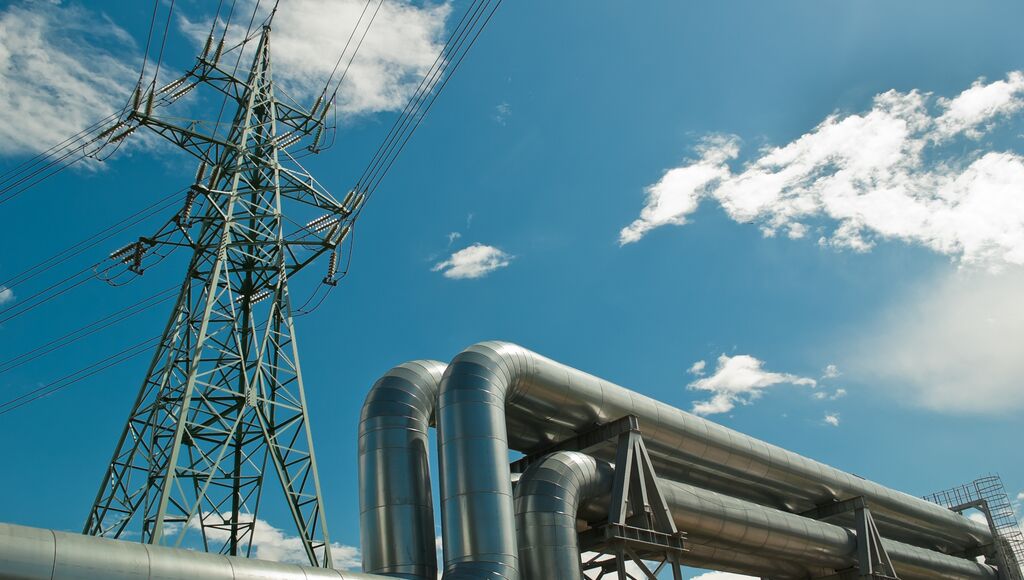
Package 15: The latest EU sanctions package strengthens protection of European businesses and shrinks loopholes to prevent circumvention
Insights|December 23, 2024
On 16 December 2024, the European Union introduced its 15th package of sanctions against Russia by amending Regulation (EU) 833/2014 and Regulation (EU) 269/2014. This round of sanctions includes measures to protect European operators and aims to combat the circumvention of sanctions, in particular the Oil Price Cap. For the first time, the EU has also imposed so-called “fully-fledged” sanctions on various Chinese actors, including entities facilitating the circumvention of EU sanctions and supplying sensitive equipment to the Russian military industry. The below list summarizes what is new in the 15th sanctions package.
Protection of European businesses
- The EU has extended the 31 December 2024 deadline for certain derogations needed for divestments from Russia, including derogations found in Article 5aa(3a) and 12b of Regulation 833/2014. The extension has been referred to by the EU as “exceptional” and necessary to enable EU operators to exit the Russian market as quickly as possible. The extended derogations are granted on a case-by-case basis by Member States. The new deadline for the derogations is 31 December 2025. While many companies have already exited the Russian market, many are still standing in a queue to obtain the requisite Russian approvals, with slim opportunities to impact the timeline.
- Secondly, the package includes measures to protect European companies from litigation with Russian counterparts. The new Article 11c in the Sectoral Sanctions regime prohibits Member States from acknowledging or enforcing injunctions, judgments or other decisions made by Russian courts based on Article 248 of the Arbitration Procedure Code of the Russian Federation. These rulings have previously prevented the opposing party from commencing or continuing proceedings outside of Russia, which, in addition to violating international principles and practices, has resulted in high financial penalties for European companies. Article 11c prevents such penalties from being enforced against EU operators in Europe.
- Thirdly, the package addresses the increasing retaliatory measures in Russia that lead to the seizing of assets of EU Central Securities Depositories (CSDs) by introducing two new amendments: a loss recovery derogation and a no liability clause for EU CSDs, which allow the release of cash balances held by the EU CSDs.
Strengthening anti-circumvention measures relating to the Oil Price Cap
- The EU has strengthened measures to prevent Russia’s attempts to evade the Oil Price Cap by targeting 52 new vessels from Russia’s shadow fleet, thereby increasing the total number listed to 79. The targeted vessels are subject to a port access ban and a ban on the provision of services, increasing the cost for Russia to use such vessels, as they are no longer able to conduct business-as-usual in the EU or with EU operators.
- The EU plans to continue its close monitoring of trade of Russian practices designed to circumvent the Oil Price Cap, both in terms of compliance by G7 operators and operations of the dark fleet.
New listings
- In addition to adding 84 individuals and entities to the sanctions list, the EU has adopted fully-fledged listings (i.e. a travel ban, an asset freeze and a prohibition on making funds available) for seven Chinese individuals and entities that facilitate the circumvention of EU sanctions and supply sensitive drone components and microelectronic components to the Russian military industry in support of Russia’s war of aggression against Ukraine.
- Otherwise, the listings primarily concern Russian military companies that manufacture aircraft parts, drones, electronics, engines, high-tech components for weapons, and other military equipment, as well as some senior managers in companies active in the Russian energy sector (including shipping companies).
- In addition, the package adds 32 new companies to the list of those supporting Russia’s military and industrial complex in its war against Ukraine. Stricter export restrictions with respect to dual-use goods and technology, and advanced technology items, will now apply to them.